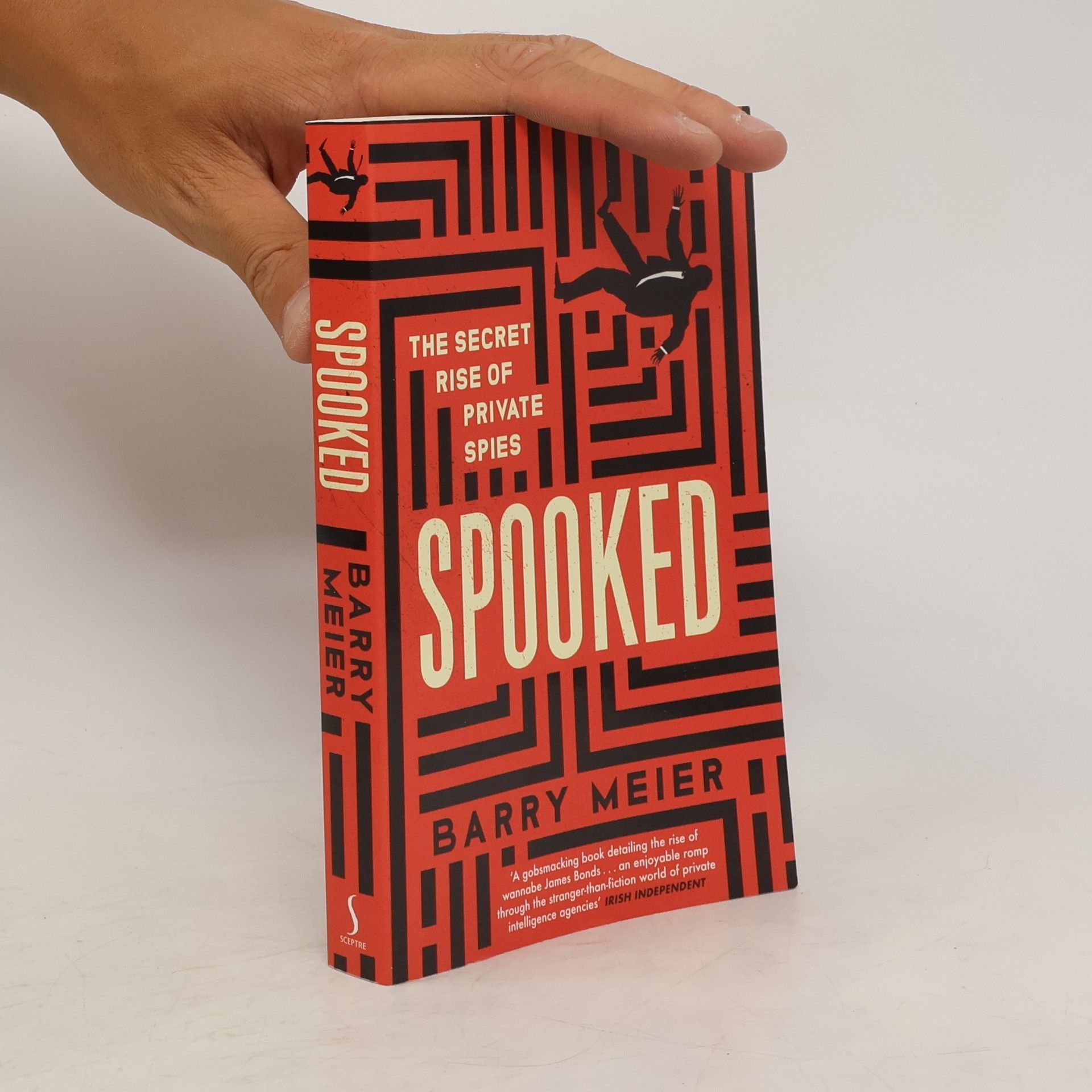Pain Killer
- 240 páginas
- 9 horas de lectura
Between 1999 and 2017, approximately 250,000 Americans succumbed to overdoses from prescription painkillers, a crisis fueled by Purdue Pharma's aggressive marketing of OxyContin. This epidemic has devastated families across socioeconomic lines, destroyed businesses, and strained public officials. Meanwhile, the Sackler family, owners of Purdue, amassed vast wealth from OxyContin's success, their names now associated with prestigious institutions. Barry Meier reveals how Purdue transformed OxyContin into a billion-dollar product, promoting it as safer than traditional painkillers due to its long-acting formulation. This façade crumbled as drug abusers discovered that crushing Oxy could unleash its potent effects instantly, while even prescribed use led to severe addiction. As the crisis escalated, Purdue concealed critical information from regulators, doctors, and patients. The narrative includes voices from various perspectives: Art Van Zee, a rural Virginia doctor, who alerted officials about the drug's dangers; Lindsey Myers, a high school cheerleader who resorted to theft to support her addiction; and DEA official Laura Nagel, who sought accountability from Purdue. Meier's investigation sheds light on the company's withholding of information and the Justice Department's failure to mitigate the epidemic, offering a gripping account of how a so-called wonder drug spiraled into a national tragedy.

